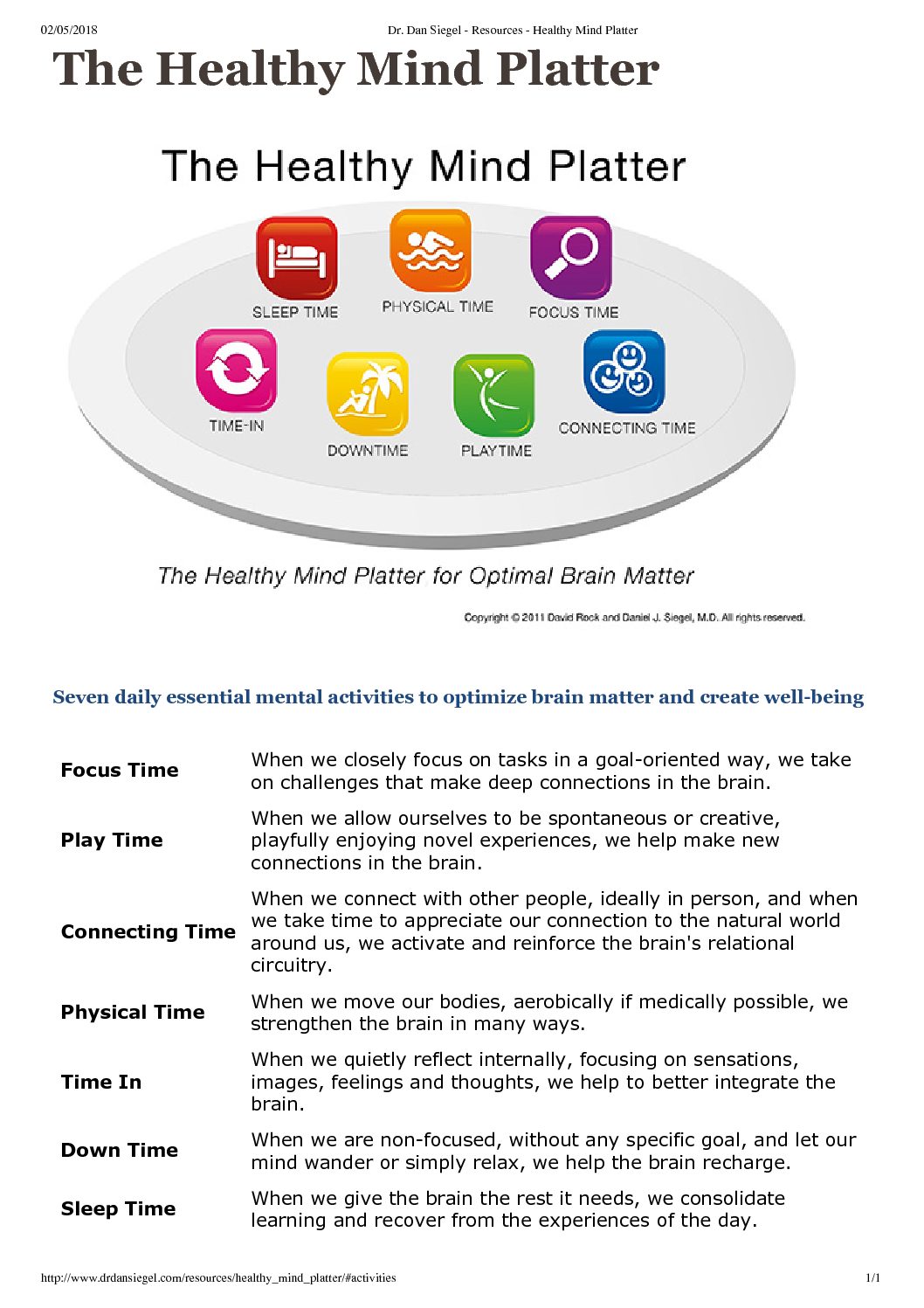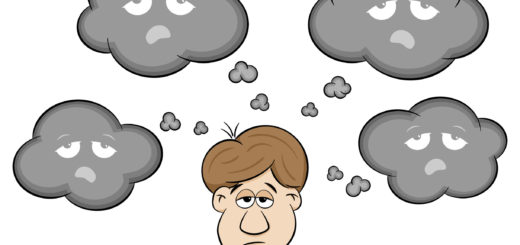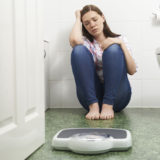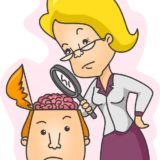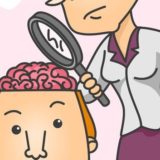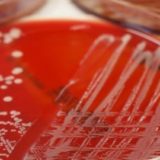A Simple Guide to Menopause

Warning, 18+yrs – this blog contains material of a sensitive nature.
Menopause – Key Points
- Menopause is a natural event.
- It can occur from 40-50 years of age.
- Symptoms include hot flushes, bladder and vaginal symptoms and emotional concerns.
- There is lots of help available to manage your symptoms.
- Hormone replacement therapy (HRT) has some risks but treatment may be worth considering for some.
- HRT works well for hot flushes.
- Vaginal HRT works well for bladder and vaginal symptoms.
- HRT is best used in the early years of menopause for a limited period of several years.
- Seek advice from an experienced doctor to help you decide if HRT is for you.
- Lifestyle measures such as keeping cool, layering of clothing, weight-bearing exercise, moderation of alcohol consumption and smoking cessation are helpful.
- To prevent osteoporosis ensure adequate intake of dietary calcium (rather than supplements), vitamin D and weight-bearing exercise.
- It is possible to fall pregnant while peri-menopausal.
- Be well informed when choosing ‘natural’ medications. They may be less effective and still have a potential for side effects.
What is Menopause?
Menopause is a natural event. The definition of menopause is the absence of menstrual periods for 12 months. Peri-menopause is the stage prior to this when periods can become less predictable. Sometimes this means lighter and less frequent menstruation or heavier and more frequent. Occasionally menstruation can stop abruptly.
Menopause occurs at a wide range of ages. For Caucasian women, the average age is around 51 years. Peri-menopause can begin anytime from 40 years. Menopause tends to occur earlier in Asian women. Sometimes the age your mother experienced menopause can have an influence.
What Causes Menopause?
Menopause is caused by a reduction and finally absence of ova (eggs) in the ovaries. Symptoms result from fluctuating and depleting levels of hormones such as oestrogen and progesterone.
Rarely there are medical causes of menopause such as surgical removal of the ovaries or chemotherapy.
Symptoms
The majority of women (80 per cent) experience mild to moderate symptoms. About 10 per cent of women are not troubled by symptoms at all, while another 10 per cent suffer more severe symptoms.
Hot flushes
Hot flushes are a sensation of heat and flushing mainly over the face, neck and sometimes all over the body. They last seconds to minutes and can be triggered by warm environments, hot food or drink and stress. Hot flushes occur in over half of peri- and post-menopausal women. In most women hot flushes resolve within five years of onset but it can be much quicker or sometimes longer. Reduced hormone levels make the body more sensitive to small changes in body temperature. An exaggerated response occurs by the body to cool itself. Increased flow of blood to the skin to disperse heat, results in a sensation of flushing.
Emotional Concerns
Menopause can be a challenging time emotionally due to the fluctuation in hormone levels and changes occurring within the body. For some people this impacts on their confidence, can contribute to anxiety, low mood and irritability. Insomnia from night sweats and hot flushes can further compound these feelings. Libido may be affected.
Bladder and vaginal symptoms
These symptoms tend to occur later in the course of menopause. The tissues of the vagina and bladder can become dry and uncomfortable. This can result in discomfort with intercourse and a higher chance of urinary tract infections (UTI).
Osteoporosis
Osteoporosis is more common in post-menopausal women. It is a late feature of menopause.
How To Best Manage Menopause
There is lots of help available to manage your symptoms.
Lifestyle & Practical Measures
Keeping your environment cool may reduce hot flushes. This is especially important while sleeping. Layering of clothing can be helpful so that items can be easily removed or added to suit the environment. Cool drinks can help reduce core body temperature.
Keeping alcohol consumption to moderate levels (1-5 drinks per week, not all at once) can help reduce the frequency of flushing. Smoking also increases the rate of hot flushes.
Exercise may be helpful for reducing menopausal symptoms. Weight-bearing exercise is important to help prevent osteoporosis. Note that swimming and cycling are not considered weight-bearing.
Ensuring adequate vitamin D and dietary calcium is also important to help prevent osteoporosis. Dietary calcium intake is encouraged where possible over supplements as some studies suggest calcium supplements may be associated with an increased risk of heart disease.
Vaginal lubricants can help to minimise discomfort with intercourse. Recurrent bladder infections can be managed by increasing fluid intake, voiding post intercourse and wiping front-to-back. Cranberry juice or supplements may alleviate symptoms but recent studies suggest they may not prevent infection.
Hormone Replacement Therapy (HRT)
Hormone replacement therapy is a controversial and confusing topic both for doctors and the public. It’s an area where new research and development occurs so remain vigilant for updates.
What are the benefits of HRT?
HRT involves replacing oestrogen and/or progesterone by various means including tablets, creams, patches and topical vaginal preparations. Oral HRT, creams and patches are proven to work well for hot flushes as well as bladder and vaginal symptoms. Vaginal preparations are best if bladder and vaginal symptoms are most bothersome with less flushing. HRT also reduces the risk of osteoporosis but osteoporosis specific medications are considered safer and more effective if this is the only reason for treatment.
What risks are associated with HRT?
Long-term use of HRT can be associated with some risks. It can seem confusing because the risks differ depending on whether combination HRT (oestrogen and progesterone) or oestrogen alone is used.
Oestrogen alone therapy is reserved for women who have had a hysterectomy. In women with a uterus, oestrogen alone HRT increases the risk of endometrial cancer (cancer of the lining of the uterus). There may be a small risk of ovarian cancer but there is no increased risk of breast cancer with oestrogen alone therapy.
Both combination and oestrogen alone HRT have a higher risk of stroke, clotting and gallstones. The risk of heart disease and stroke appears to be less if started early, within 10 years of menopausal symptoms.
There is an increased risk of breast cancer with combination HRT. The magnitude of this effect is not really known so it’s overall significance will vary from one women to another. Some studies have shown that the risk increases with the duration of use and may return to normal 3-5 years after cessation. The evidence here is still not conclusive.
Should I use HRT?
This is a decision every woman should make on an individual basis with the advice of her doctor. If you have suffered breast cancer or a close relative has been diagnosed with breast cancer early in life you may decide to be more cautious. If you are at higher risk of stroke or clotting you may choose alternative treatment. The decision will also depend on the severity of your symptoms and your personal approach to risk. If you choose to use HRT it is important to be clear on the symptoms you are hoping to alleviate (flushing or bladder and vaginal symptoms) and to review this with every script renewal. Current popular consensus is to minimise the duration of use to 3-5 years maximum. Most women prefer to gradually taper HRT when it is time to stop.
Kenmore Family Medical GP Dr Simone Peacock is very experienced in women’s health. Dr Peacock suggests choosing the correct method of delivery is important. For example, using a patch or gel may reduce the risk of clotting compared with oral HRT. ‘Mirena’ (a low dose progesterone-only intra-uterine device ‘IUD’) can be used as the progesterone component of treatment (to prevent endometrial cancer in women with a uterus) rather than taking it orally. If vaginal dryness or recurrent UTI are your main issues a vaginal oestrogen cream or pessary might be the best option.
Synthetic HRT
Tibolone (‘Livial’) is a synthetic hormone with effects similar to oestrogen and progesterone. It is effective for both hot flushes, bladder and vaginal symptoms. Further study is required to assess whether it is safer for breast and endometrial cancer compared to conventional HRT.
‘Natural’ Medications
Despite being sourced from ‘natural’ ingredients, ‘natural’ medications may still have side-effects. Their efficacy and safety may not be rigorously tested.
Phytoestrogens (eg Promensil) are weak plant-based oestrogens. They may be effective for hot flushes but the evidence is not strong. Phystoestrogens may pose a risk for breast and endometrial cancer. Evidence is still lacking.
Evidence suggests soy products, dong quai, evening primrose oil, ginseng, red clover and black cohosh are not effective. There may be a large placebo effect with these medications. Be aware about concerns over liver toxicity particularly with black cohosh.
Non-hormonal Medications
Antidepressants from the SSRI and SNRI family (selective serotonin/ serotonin norepinephrine reuptake inhibitors) have been shown to be effective in the management of hot flushes. These may be appropriate if mood concerns are a problem for you. These medications have their own side effects to consider.
Counseling
CBT (cognitive behavior therapy) may be useful for mood, sleep issues and possibly hot flushes.
Don’t Forget Contraception!
Remember, you can still fall pregnant while peri-menopausal. Please talk to your GP about the best contraception options. A low dose progesterone only implant or IUD could be a consideration particularly if HRT is being considered. Once post-menopausal (no periods for one year) pregnancy is no longer a concern.
If you are on the contraceptive pill it can be hard to tell whether you’re experiencing menopause as your cycle is regulated by the hormones in the medication.
While menopause is a natural event, many women suffer uncomfortable symptoms. There is lots of help available so see your GP to discuss.


